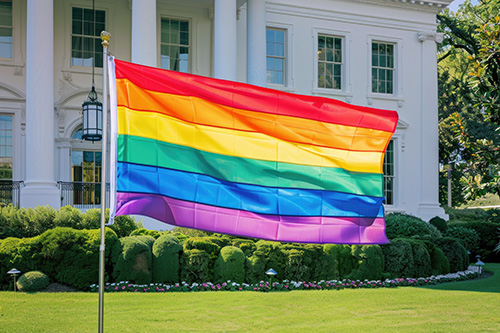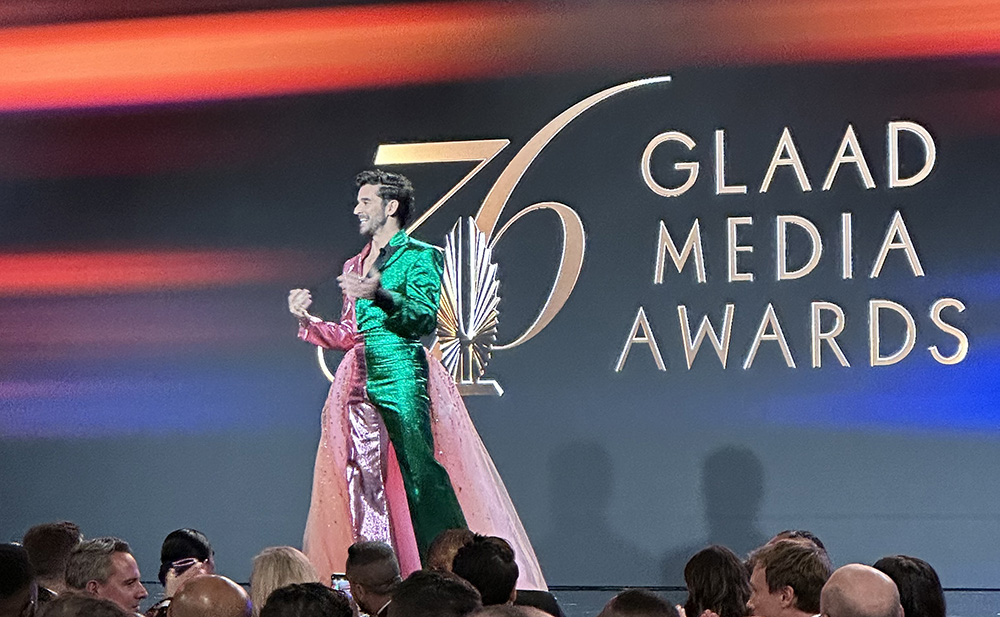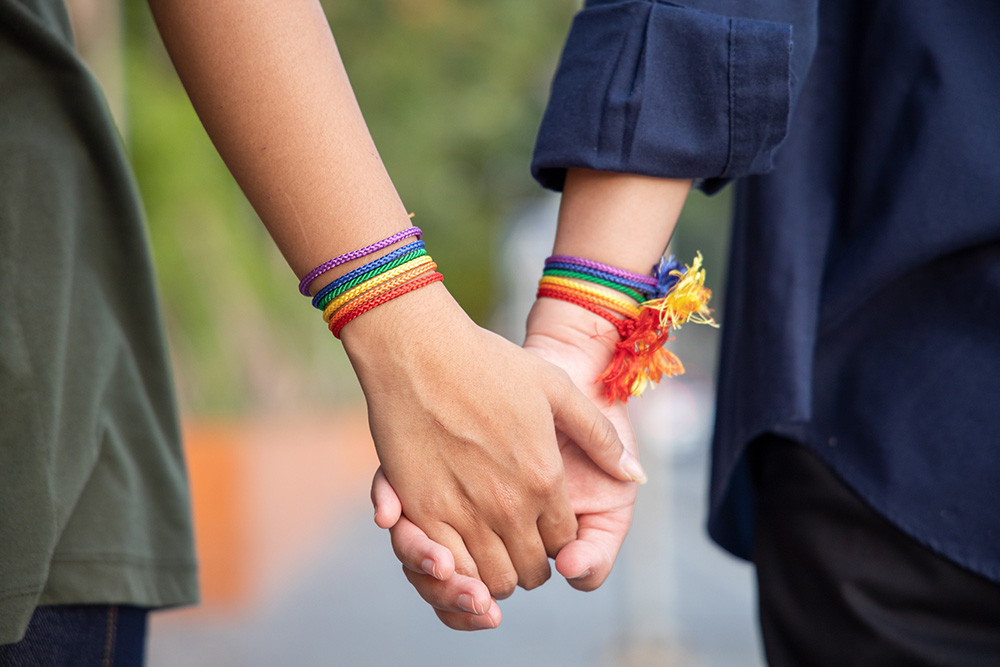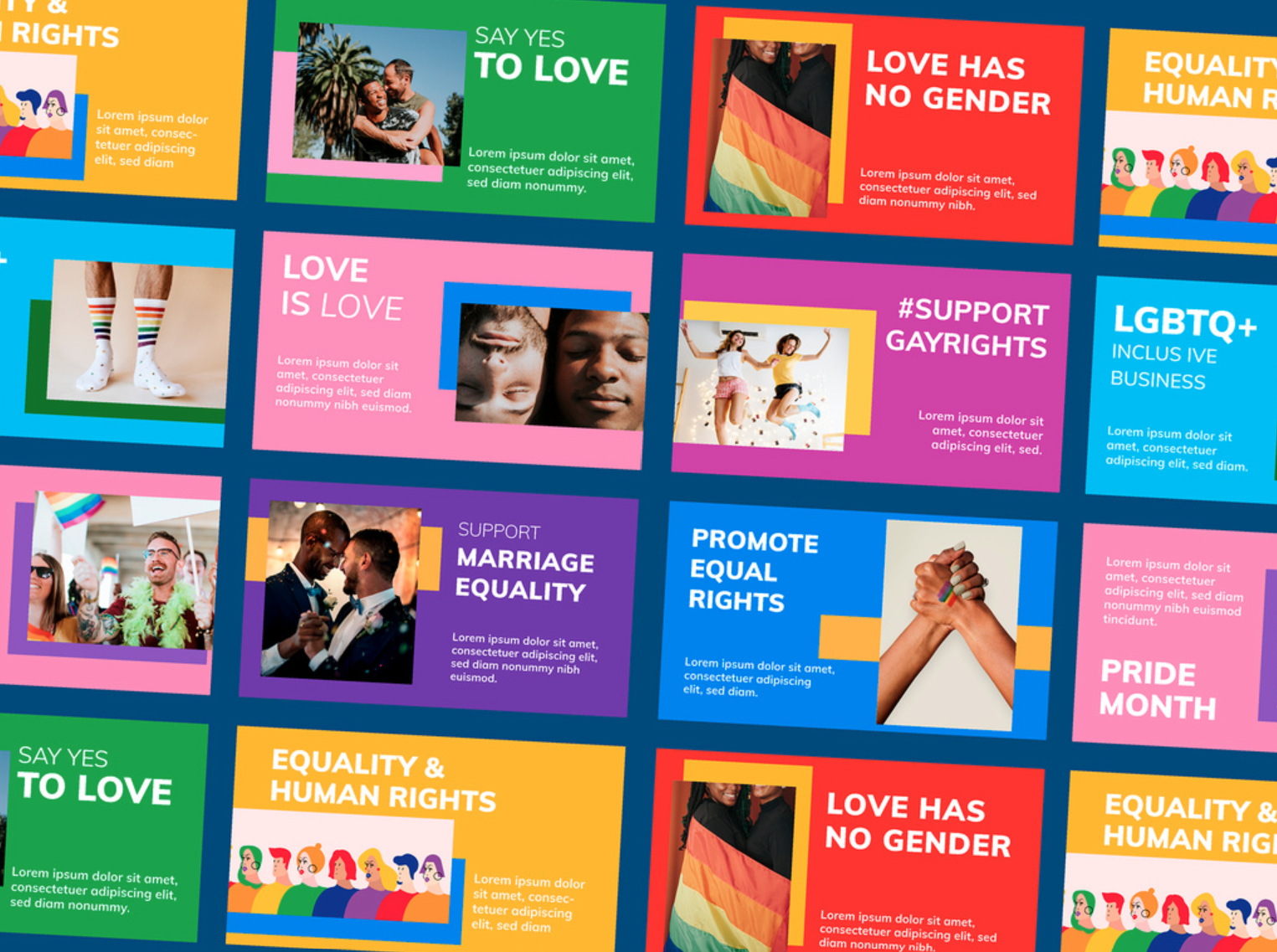The journey of coming out is deeply personal, and for many members of the LGBTQIA+ community, it’s a pivotal moment that requires immense courage. While coming out is a universally shared experience, how safe, supported, and accepted you feel in your identity can make a difference in the coming out process.
Some cities and states in the U.S. have earned reputations as being particularly inclusive, welcoming, and affirming. These places not only boast strong legal protections but also provide rich, supportive communities where LGBTQIA+ individuals can thrive without fear of discrimination or marginalization.
Let’s dive into ten places that may support you in being out and proud in the United States in 2025, based on data from organizations like GLAAD, the Human Rights Campaign (HRC), CenterLink, and other vital sources. These rankings take into account legislation, community resources, public opinion, and overall inclusivity.
10. Washington, D.C.
As the nation’s capital, Washington, D.C. is a global leader in LGBTQIA+ rights, with some of the strongest legal protections in the country. The city has laws that cover everything from workplace discrimination to healthcare access for transgender individuals, making it a supportive space for those looking to live their truth.
D.C. also has a deep-rooted LGBTQIA+ history, with institutions like the Human Rights Campaign and the National LGBTQ Task Force calling the city home. Its Pride celebrations are among the most iconic in the country, attracting diverse crowds and reaffirming its place as a safe space for LGBTQIA+ individuals.
9. Minneapolis, Minnesota
Minneapolis has long been known for its affirming attitudes and inclusive policies. Minnesota was the tenth state in the US to legalize same-sex marriage, and Minneapolis, in particular, has been a forerunner in adopting policies that protect LGBTQIA+ people. The city also boasts one of the largest Pride festivals in the Midwest, with organizations like Twin Cities Pride and the Minnesota Transgender Health Coalition playing key roles in fostering an inclusive community.
Minneapolis Pride organizers prioritize public support of the LGBTQIA+ community in choosing which companies with whom they’ll partner. And the city’s overall commitment to gender-neutral restrooms, inclusive policies, and ongoing community support ensures that queer residents spaces where they can feel safe and accepted.
8. Los Angeles, California
Los Angeles, like San Francisco, benefits from California’s strong protections for LGBTQIA+ individuals, but it also boasts an extraordinary breadth of resources and support networks. The city is home to large LGBTQIA+ communities in neighborhoods like West Hollywood and Silver Lake, and its Pride Parade draws millions each year.
With organizations like the Los Angeles LGBT Center, the city continues to lead efforts in providing healthcare, education, and housing resources for LGBTQIA+ individuals. LA’s entertainment industry also plays a role in increasing LGBTQIA+ visibility and representation.
7. Denver, Colorado
With a focus on inclusivity, Denver is recognized as one of the most supportive cities for LGBTQIA+ individuals in the American West. Colorado was one of the first states to legalize same-sex marriage and has comprehensive non-discrimination laws that protect LGBTQIA+ people and families across the state.
Denver’s LGBTQIA+ scene is thriving, with bars, restaurants, and spaces like the Denver LGBTQ+ Center supporting the community. The city’s PrideFest, one of the largest in the country, further solidifies Denver’s standing as a welcoming environment for queer people.
6. Chicago, Illinois
Chicago has long been a haven for the LGBTQIA+ community in the Midwest, offering comprehensive legal protections and community-driven support. The city’s nondiscrimination laws cover employment, housing, and public accommodations, making it one of the best cities in the region for LGBTQIA+ rights.
Chicago is also home to the iconic Northalsted (formerly Boystown) neighborhood, which continues to be a hub of LGBTQIA+ culture and nightlife. Organizations like The Center on Halsted and the Chicago Pride Parade highlight the city’s commitment to LGBTQIA+ visibility and inclusion.
5. Austin, Texas
Although Texas overall doesn’t have a reputation for LGBTQIA+ support, Austin is an exception. Known as one of the most liberal cities in the state, Austin has a flourishing LGBTQIA+ community that thrives in an environment where diverse identities are not only accepted but celebrated.
The city boasts a variety of LGBTQIA+ bars, events, and organizations like the Austin Gay and Lesbian Chamber of Commerce and the Austin Pride Committee. Austin serves as a beacon of progress and affirmation for the LGBTQIA+ community in the area.
4. Seattle, Washington
Seattle is known for its progressive values, and the city’s efforts to support LGBTQIA+ individuals are reflected in its policies and community. Washington State passed statewide protections for LGBTQIA+ people, including in housing and employment, years ago, but it’s Seattle’s continued work to build an inclusive culture that sets it apart.
Seattle offers a robust network of LGBTQIA+ organizations, from the Seattle Queer Film Festival to the Lambert House and the Pride Foundation. Whether through safe spaces, healthcare access, or cultural events, Seattle makes it clear that everyone deserves to live authentically and safely as themself.
3. New York City, New York
New York City’s reputation as a global LGBTQIA+ hub is built on decades of history, activism, and inclusivity. With comprehensive legal protections in housing, healthcare, and employment, New York has also passed policies addressing gender identity, non-binary recognition, and sexual orientation. The city is home to an expansive LGBTQIA+ community, with numerous resources such as the NYC LGBTQ+ Center, the Ali Forney Center, and organizations like GLAAD and the The Lesbian, Gay, Bisexual & Transgender Community Center leading the way.
New York City hosts one of the largest Pride events globally, drawing hundreds of thousands of people from all walks of life, reinforcing its standing as an accepting environment.
2. Portland, Oregon
Portland has built a reputation as one of the most inclusive cities in the U.S. for its commitment to diversity and LGBTQIA+ rights. Oregon passed statewide protections for LGBTQIA+ individuals, including employment and housing non-discrimination laws. Additionally, the city’s vibrant Pride events, coupled with a solid network of community organizations like the Q Center, make Portland a welcoming environment for LGBTQIA+ individuals.
The city’s progressive stance on gender-neutral restrooms, inclusive education policies, and growing queer arts scene continue to contribute to an inclusive and supportive space for the LGBTQIA+ community. Additionally, the .gay domain was developed and launched in Portland, creating a global community of safety and support online for LGBTQIA+ people.
1. San Francisco, California
San Francisco has long been known as one of the most LGBTQIA+-friendly cities in the world. As a hub for LGBTQIA+ culture, activism, and history, it continues to be a symbol of pride. With legal protections and a diverse community, San Francisco remains a place where LGBTQIA+ individuals can be their authentic selves.
California as a whole is known for its inclusive policies, and San Francisco is a prime example. In addition to marriage equality and non-discrimination protections in employment and housing, the city is home to an active LGBTQIA+ population that supports a range of organizations like the San Francisco LGBTQ+ Community Center and the Gay-Straight Alliance Network.
As we move through 2025, it’s important to amplify and celebrate these 10 U.S. cities that have created welcoming and supportive places where LGBTQIA+ individuals can live openly and proudly with joy.
Whether through legal protections, vibrant communities, or committed activism, these cities offer environments where LGBTQIA+ people can come out and thrive with confidence. Considering the importance of equality, the role of cities and communities in fostering inclusivity and support cannot be overstated—and in these cities, being out and proud is a reality worth celebrating.
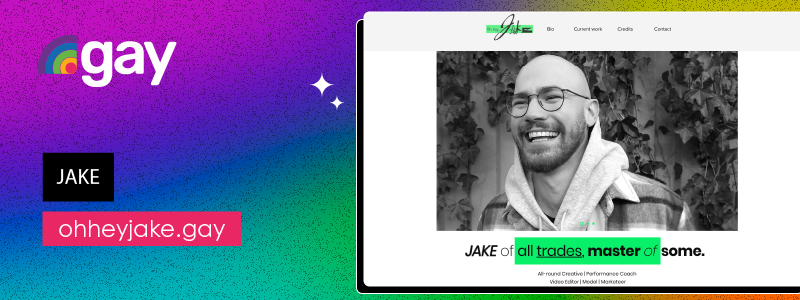
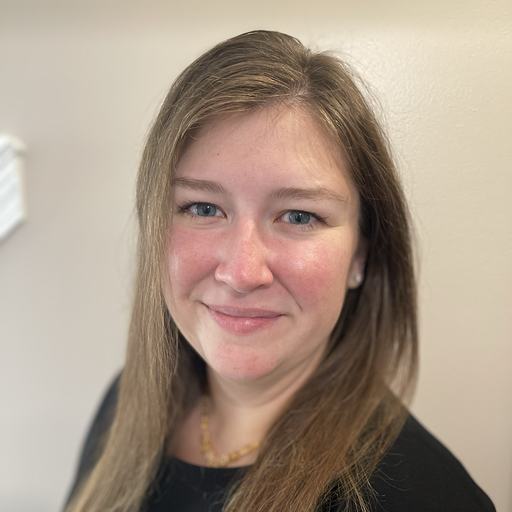 Elizabeth Achanta
Elizabeth Achanta

